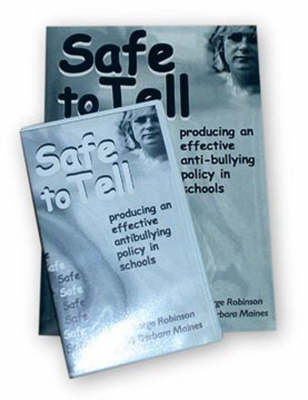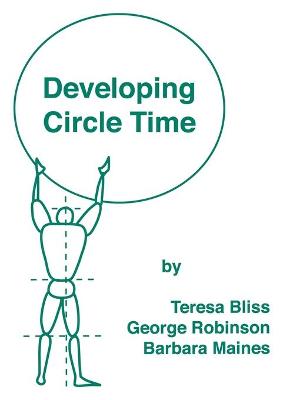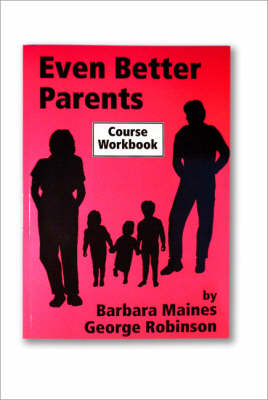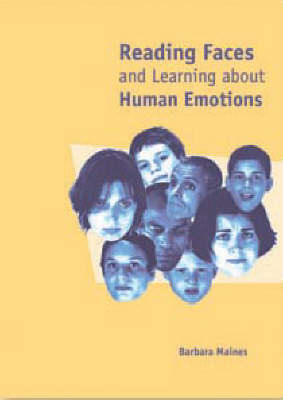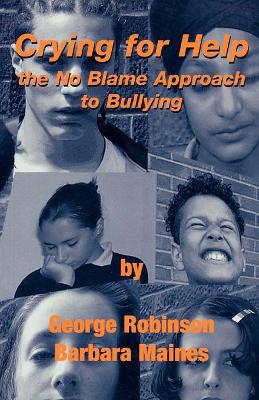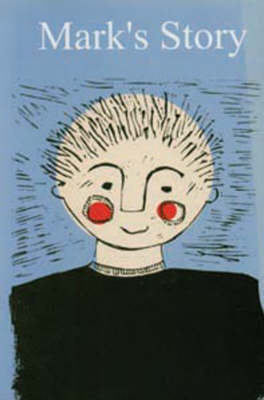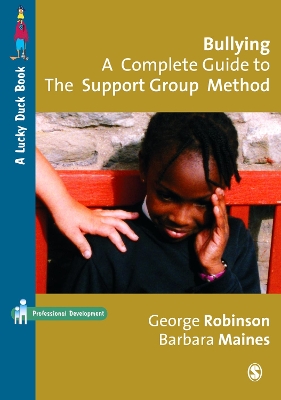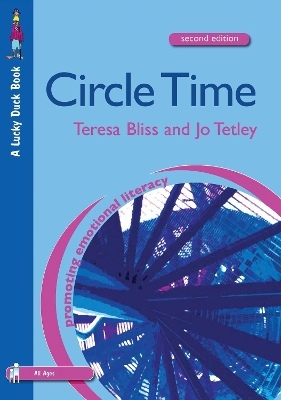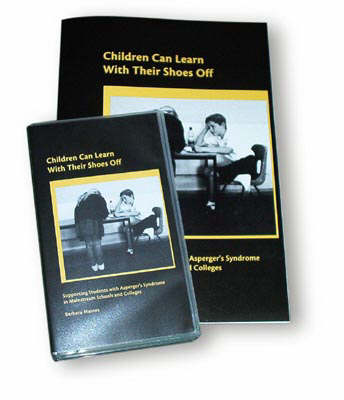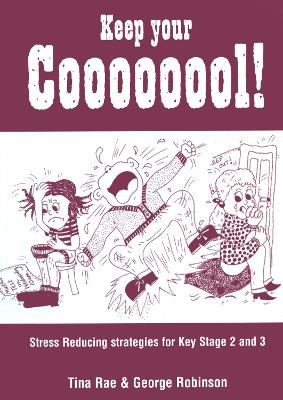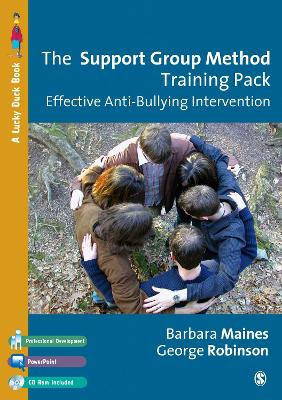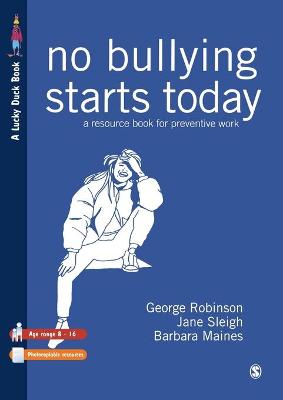Lucky Duck Books
35 total works
Teaching Peer Support for Caring and Co-Operation
by Tina Rae and Ruth M Macconville
'In light of Every Child Matters agenda and of the current emphasis on giving children a voice in important decision making situations, this book could be a valuable tool'- Educational Psychology in Practice
'This is a great little book designed to help children between the ages nine and 12 to develop good relationships with each other and with other people... [It] includes clear guidance on ways in which children themselves can raise the self-esteem and social status of their less popular peers through listening, talking and understanding others' - SENCO Update
Ruth and Tina draw upon their experiences to provide a peer support programme that encourages inclusive prosocial processes for young people aged nine to twelve. Drawing upon the philosophy of a Circle of Friends, they have developed a six-step programme that harnesses the skills of popular young people to help others who may have low social status.
The Talk Time programme builds on the message that relationships are what matter most and emphasizes that relationships happen through listening, talking and understanding others.
The book provides all the resources needed including:
* facilitators' notes
* pupil resources
* letter to parents
* staff briefing sheet
* pupil certificate.
The programme is intended to be run for a group of eight to twelve pupils once a week during lunch times for one term. The aim is to help all group members and hopefully carry over to improve the social climate of the classroom and create a positive and cooperative working environment.
Ruth MacConville is the Head of the Special Educational Needs service, based in Ealing.
Tina Rae is a Senior Educational Psychologist based in Hillingdon.
Developing Circle Time
by Teresa Bliss, George Robinson, and Barbara Maines
Teresa Bliss and George Robinson explore the impact that Circle Time can have on the development of social behaviours, ethics and morality. Many new activities are added to the original repertoire.
The book includes:
" a link between Circle Time and the teaching of the moral and spiritual curriculum
" a plan for a terms developmental work
" ways in which issues starting outside the circle can be supported within the security of an already established circle group
" worksheets to increase the range of activities.
This book is the answer to teachers who ask for more ideas to extend the Circle Time programme.
Simon identified 412 discreet emotions falling into 24 feeling groups. From this we have selected 78 and developed a photo library with two examples of each emotion. One of each is printed in the book for copying and all are available on the CD-ROM for direct printing. The library is sorted into age levels that correlate with Key Stages 1 to 4. At each stage this book includes activities with aims linked to the programme of study in Speaking and Listening and PSHE and Citizenship.
An easy to use and fun resource for staff who want to:
} assist young people in recognizing emotions
} develop pupil awareness of the importance of understanding emotions
} enhance social and emotional relationships.
These resources aim to encourage teachers, parents or carers and children to work in partnership in setting appropriate targets which will promote positive attitudes to learning and behaviour within the classroom and school context.
Children are encouraged to see themselves as learners in a positive way, enhancing their self-image and in turn affecting their learning and behaviour.
The resources can be used to reinforce positive learning patterns and behaviour in all children, but they are particularly useful for work with children who exhibit learning and emotional and behavioural difficulties.
There are facilitator notes on how to use the 12 sections, which include:
* target book covers
* daily reward sheets
* weekly reward sheets
* playtime reward charts
* reward charts for home and school.
There is an increasing demand for resources to support teachers in developing young peoples emotional literacy. The 20 lessons explore a range of feelings and provide facilitator notes and activities to help young people:
" recognise their emotions in order to be able to label or define them
" manage their emotions in order to develop and sustain positive relationships.
The 20 lessons include:
" introduction to an emotion and warm-up
" questions for Circle Time and activities
" take home tasks and reinforcement
" ideas for a plenary session.
Includes photocopiable resources and printable worksheets on the CD.
As with all Tinas books this is a practical resource which will engage young people.
Bullying: A Complete Guide to the Support Group Method
by George Robinson and Barbara Maines
For those who are interested in understanding, using and evaluating the method this book:
- Explains how the Support Group Method began
- Charts the recent controversy over the approach
- Gives step by step guidance on using the SGM
- Includes real life accounts from a practitioner using the method
- Answers frequently asked questions.
The publication includes George and Barbara's submission to the House of Commons Education Select Committee and a research report provided by Professor Peter K Smith who was commissioned to evaluate the use of the method.
Also available: The Support Group Method Training Pack by Barbara Maines and George Robinson
Building on the success of the first edition, this new book retains the original edition's clarity and ease-of-access, whilst providing more than twice as much material. It has also been updated to take account of new legislation, including Every Child Matters and The National Standard for Healthy Schools.
Clear headers guide the reader to core games and appropriate themes, each with helpful hints for planning and implementation, and to assist the smooth running of the sessions. The theme section demonstrates ways of using core Circle Time activities such as 'Sentence Completion' and 'Silent Statements' to explore sensitive issues such as friendships and bullying.
An important new feature is a structure to help readers understand what they should be expecting from pupils during Circle Time at each key stage. New and expanded sections on group work and the development of Circle Time are also included.
This is a valuable resource for teachers, educational psychologists and youth workers, whether they are experienced Circle Time practitioners or new to the technique.
Supporting Young People Coping with Grief, Loss and Death
by Deborah Weymount, Tina Rae, and Deborah Weymont
'This book provides an excellent resource for secondary schools to be used in supporting young people coping with grief, loss and death'- Educational Psychology in Practice.
As the importance of emotional literacy is better established in schools as a pre-requisite for improving achievement, the PSCHE curriculum is increasingly used to offer young people opportunities to express and manage their strong feelings. This book by two experienced and talented authors has been derived from their research and practical work with teenagers. It provides students aged 11 to 18 with an opportunity to:
- consider the effects of grief, loss, and death;
- develop the ability to talk about, acknowledge and manage the feelings associated with the grieving process;
- maintain mental health and resilience.
Most important, is the emphasis on the development of emotional literacy skills and specifically the development of an emotional vocabulary, empathy, tolerance and resilience. The focus on death and loss and the process of grieving is central to the course. The way in which supporting materials are sensitively illustrated and designed for easy differentiation is also a key feature.
Teacher/facilitator notes, copiable activities and all resources are provided for the 10 sessions, which can be delivered to either the whole class or to smaller groups of students.
Tina Rae is a Senior Educational Psychologist based in Hillingdon.
Deborah Weymont is a teacher based in Bristol.
The Handbook is written in easily accessible language and includes a very informative overview of Asperger's Syndrome by Rita Jordan' - Educational Psychology in Practice
Whilst the frequency of Autistic Spectrum disorders rises and identification and assessment techniques improve, we can expect to find young people with Aspergers Syndrome in every school. This extensive resource features the excellent, flexible and imaginative ways in which adults working in schools can improve the learning and social experience for these students. Other videos have been made to help us understand the diagnosis this programme focuses on useful and practical strategies.
The video was filmed in several schools and colleges where we found models of good practice. It includes a commentary by Rita Jordan and the full transcript of her extended interview is provided in the accompanying handbook.
`Would be a useful resource to encourage the inclusion of emotional literacy to a wider audience without "giving away the psychology". It could easily be used by teachers as a package, or be used in conjunction with an EP where schools need more encouragement to feel less confident. I would recommend this as a useful practical resource for schools′ - Educational Psychology in Practice
All people, including young people, face tensions and stress but its how we learn to manage stress thats important.
The sections of this book cover:
" what is stress
" who becomes affected by stress
" the stresses faced by young people
" good ways to beat stress
" new ways of coping with stress.
The sections use stories to help children understand stress and how it manifests itself, and to develop a set of skills and coping strategies. There are comprehensive teacher notes, photocopiable worksheets and a variety of stress management strategies.
This resource is intended for whole class/group work and is not recommended for individual support for children who have suffered severe trauma.
The Support Group Method Training Pack
by George Robinson and Barbara Maines
This new book and cd-rom provides a comprehensive training course which follows the structure of the hundreds of training days that Barbara and George have run around the world since 1991. The programme includes:
- clarification of the terms 'bully' and 'victim'
- a challenge to traditional practices
- the steps of the support group method
- what makes it work, including the voices of young people
- research findings.
The pack contains full facilitator notes with a PowerPoint presentation, video excerpts and all activity pages. It provides a challenging course which helps participants to learn and understand effective responses to bullying.
By the end of the presentation the participants will have the opportunity to consider aspects of the programme and place it into the context of the current emphasis on restorative methodology, peer support and the social and emotional aspects of behavioural learning.
No Bullying Starts Today
by George Robinson, Jane Sleigh, and Barbara Maines
" practical aspects of anti-bullying work
" ideas for whole-school keynote sessions
" facilitators' instructions for group activities
" copiable worksheets and overhead foils.
The programmes are suitable for secondary and upper primary use. They provide an excellent project for primary/secondary liaison based around Year 6 and 7 joint work during the summer term.
